Worried your morning brew might cost you your job? If you’ve swapped your usual cup of joe for hemp coffee, or are thinking about it—you’re not alone. With its smooth flavor, added nutrients, and plant-powered benefits, hemp coffee is quickly gaining popularity among health-conscious coffee drinkers. But as workplace drug testing remains common across the U.S., one major concern keeps popping up:
Can hemp coffee make you fail a drug test?
No, drinking hemp coffee won’t make you fail a drug test. Let's break down the science, the difference between hemp and marijuana, and how drug testing actually works.
What Is Hemp Coffee, Exactly?
Hemp coffee is usually made by blending roasted coffee beans with ground hemp seeds or sometimes hemp seed oil, creating a unique, nutty flavor that many find appealing. Unlike marijuana, which is known for its psychoactive effects, hemp legally contains only trace amounts of THC, less than 0.3% by law, making it non-intoxicating and safe to consume.
Hemp seeds themselves are nutritional powerhouses, packed with essential fatty acids, protein, fiber, and antioxidants that support overall health. Most hemp coffee products are carefully crafted to include no psychoactive effects since they are made from hemp seeds rather than the hemp flowers, where THC is primarily concentrated.
Most hemp coffee:
- Contains zero psychoactive effects.
- Is made from hemp seeds, not flowers (where THC is concentrated).
- Is often paired with organic beans for added health benefits.
Difference Between Hemp and Marijuana
Hemp and marijuana both come from the Cannabis sativa plant species, but they’re legally and chemically very different. The main distinction lies in their THC content, the psychoactive compound that causes a “high.” By U.S. law, hemp must contain no more than 0.3% THC on a dry weight basis, making it non-intoxicating. Marijuana, on the other hand, typically contains 5–30% THC and is regulated as a controlled substance.
Farming practices for hemp focus on cultivating tall stalks and seeds, which are used for textiles, food, oil, and wellness products like hemp coffee. Marijuana is grown differently, with methods aimed at maximizing flower and resin production for high THC content. Hemp plants are also bred to enhance compounds like CBD, which is non-psychoactive.
Because of its low THC levels and strict regulation, products made from hemp, such as hemp seed oil, hemp protein, and hemp coffee—are safe, legal, and widely used in health-conscious markets.
The Real Concern: THC and Drug Tests
Here’s the heart of the issue: Drug tests don’t screen for hemp, they screen for THC or its metabolites (specifically THC-COOH in urine). People worry that consuming hemp coffee might result in detectable levels of THC in their system.
Hemp coffee is usually made from roasted coffee beans mixed with hemp seeds. These seeds do not naturally contain THC. The chemical in marijuana that makes people feel high. Sometimes, tiny traces of THC can be found if the seeds touched other parts of the hemp plant during harvesting.
But the amount is so small (less than 0.3%) that it won’t affect how you feel and is very unlikely to show up on a drug test.
For a drug test to come back positive, your body would need to process a lot more THC than what’s found in properly made hemp coffee. The test checks for a substance called THC-COOH in your urine.
If that substance goes over 50 nanograms per milliliter (ng/mL), the test may flag it. But drinking hemp coffee won’t get you anywhere near that level.
Most hemp coffee also doesn’t contain CBD unless it’s added on purpose. CBD is another compound from the hemp plant, but it’s not psychoactive and is not usually tested for in standard workplace drug tests.

What the Science Says
Studies have looked into THC levels after consuming hemp seed oil, protein powders, and other hemp-based products. One review published in Forensic Science International concluded that “consuming hemp foods will not result in a positive drug test for THC.”
A separate study in Journal of Analytical Toxicology found that even large quantities of hemp oil (with trace THC levels) did not produce positive urine drug tests under federal guidelines.
Why Hemp Coffee Is Safe for Workplace Testing

There are a few key reasons why hemp coffee poses no risk in standard drug screenings:
-
Made from hemp seeds, not flowers – The seeds contain no THC.
-
Lab-tested for purity – Reputable organic hemp coffee brands provide third-party test results.
-
THC levels fall well below detection limits – Typically under 0.001% or non-detectable entirely.
-
No psychoactive effects – You won’t feel high, because you’re not consuming THC.
How Drug Testing Works
-
Urine tests are the most common form of workplace screening.
- They look for metabolites of THC, not the substance itself.
- Thresholds are set to avoid false positives from trace exposures (like secondhand smoke).
- A test usually only comes back positive if you've actively consumed THC-rich cannabis products.
Blood, hair, and saliva tests are much less common in workplace settings and are generally used in law enforcement or clinical diagnostics.
Tips for Choosing Safe Hemp Coffee

To ensure you’re getting all the benefits without the risk, here’s what to look for:
-
USDA Organic Certification – Avoid pesticides or chemical solvents.
-
Lab-Tested for THC – Brands should publish third-party lab results.
-
Made with Hemp Seeds – Not flowers or full-spectrum extracts.
-
Reputable Coffee Roasters – Choose brands that specialize in clean, sustainable sourcing.
Artizan Coffee checks all these boxes, offering organic, lab-tested hemp coffee made from hemp seeds, not extracts, so you get a clean, safe cup every time.
Be cautious with products labeled “full-spectrum hemp” unless they clearly state THC levels, as these may contain trace cannabinoids that could pose a slightly higher (though still minimal) risk on sensitive drug tests.
Why Health-Conscious Coffee Drinkers Love Hemp Coffee
Besides its safety, hemp coffee is gaining popularity for its unique health perks:
- Rich in omega-3 and omega-6 fatty acids
- Natural plant protein and fiber
-
Anti-inflammatory compounds that may support brain and heart health
- Earthy, nutty flavor that pairs well with medium and dark roast coffees
For those with dietary sensitivities or caffeine-related jitters, hemp coffee can offer a smoother experience, especially when blended with organic low-acid beans.
So, Will Hemp Coffee Make You Fail a Drug Test?
No. As long as you’re drinking certified organic hemp coffee made from hemp seeds not cannabis flower or THC extracts, you won’t fail a drug test. The trace levels of THC (if any) fall far below the detection threshold, and lab-tested products verify their safety.
Hemp coffee is safe, legal, and packed with nutritional benefits. So if you're craving a new kind of brew that supports your wellness goals, you can sip with peace of mind.
Want a Safer, Smarter Coffee Option?
Artizan Coffee’s organic hemp coffee blends are specially crafted with zero detectable THC, clean ingredients, and third-party lab verification all roasted with flavor and function in mind.
Whether you're looking to reduce your caffeine intake, support heart health, or enjoy a unique brew with confidence, our hemp-infused blends available in whole bean, ground, and home-compostable pods.
Deliver peace of mind with every sip!


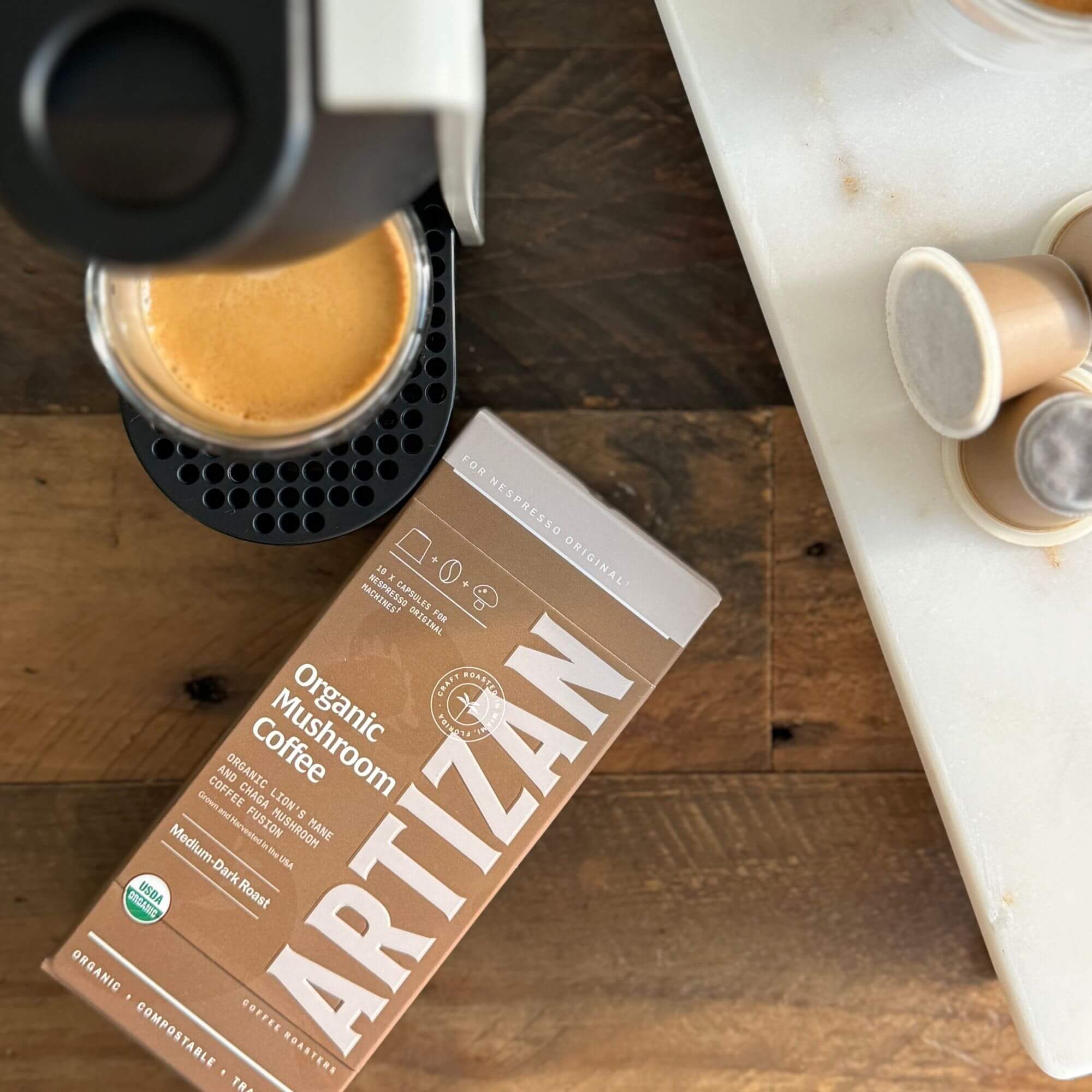
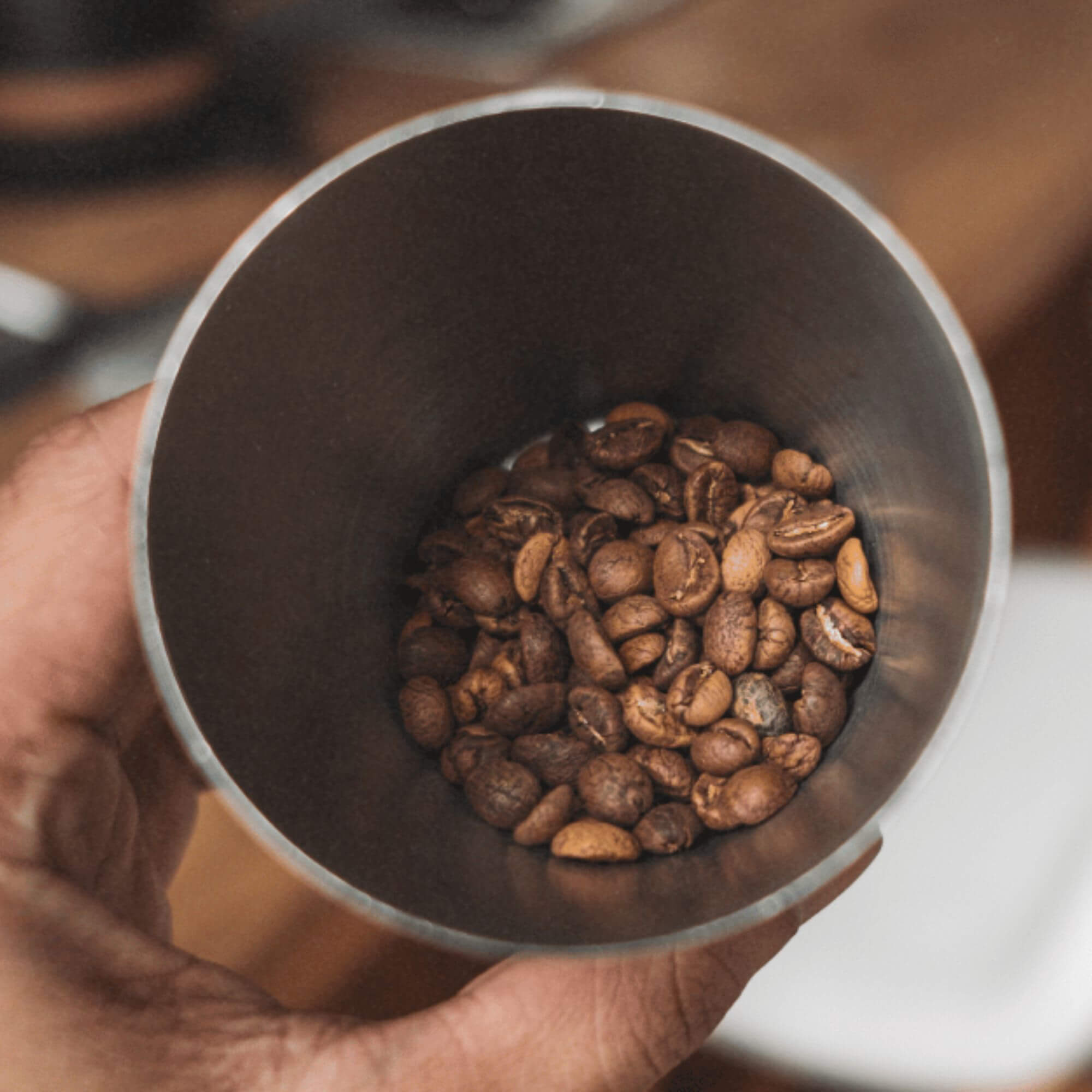
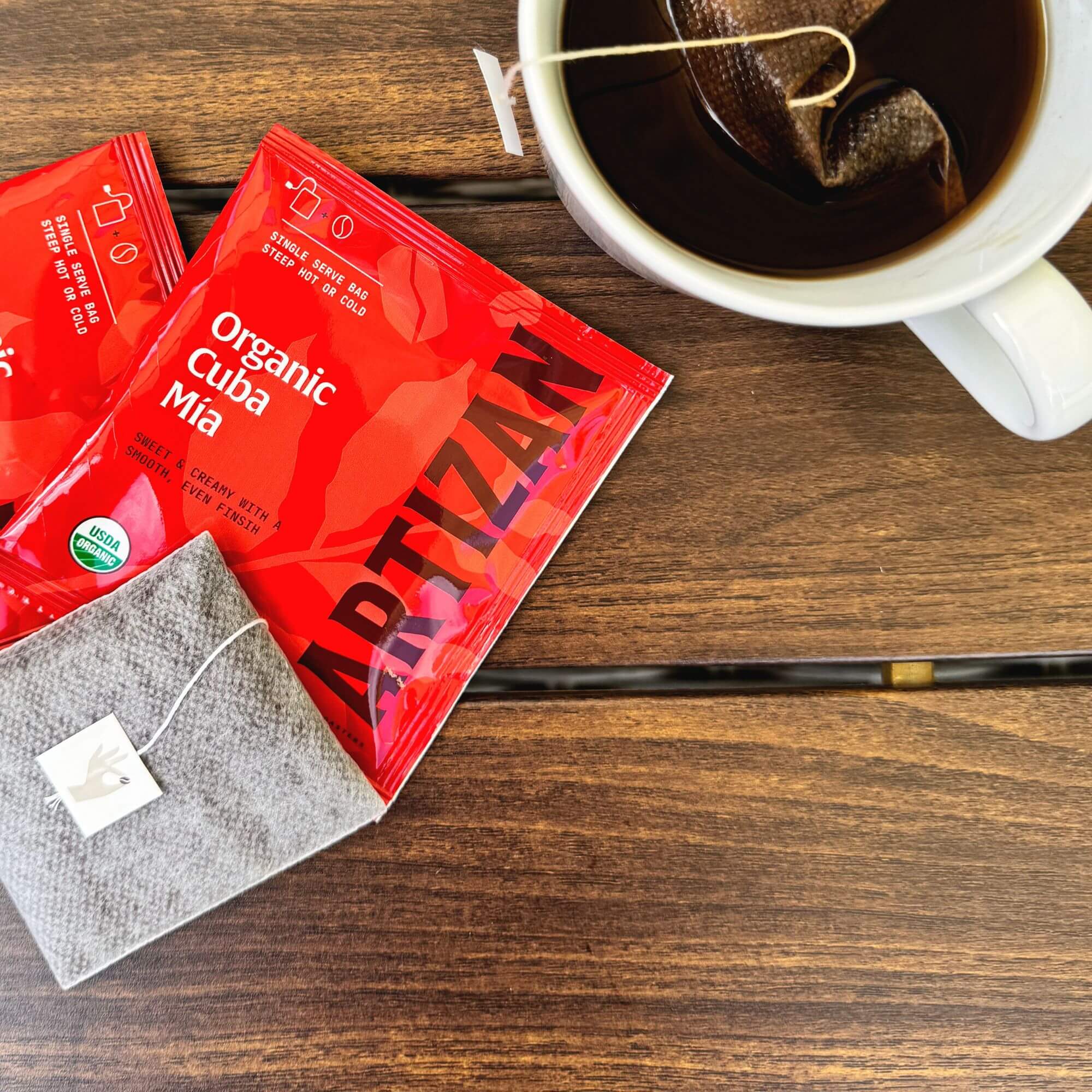
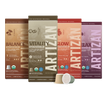
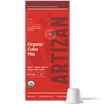
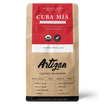
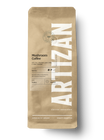
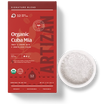

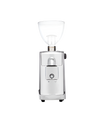
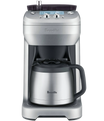
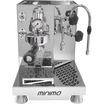
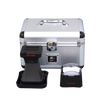
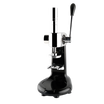


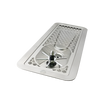

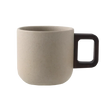
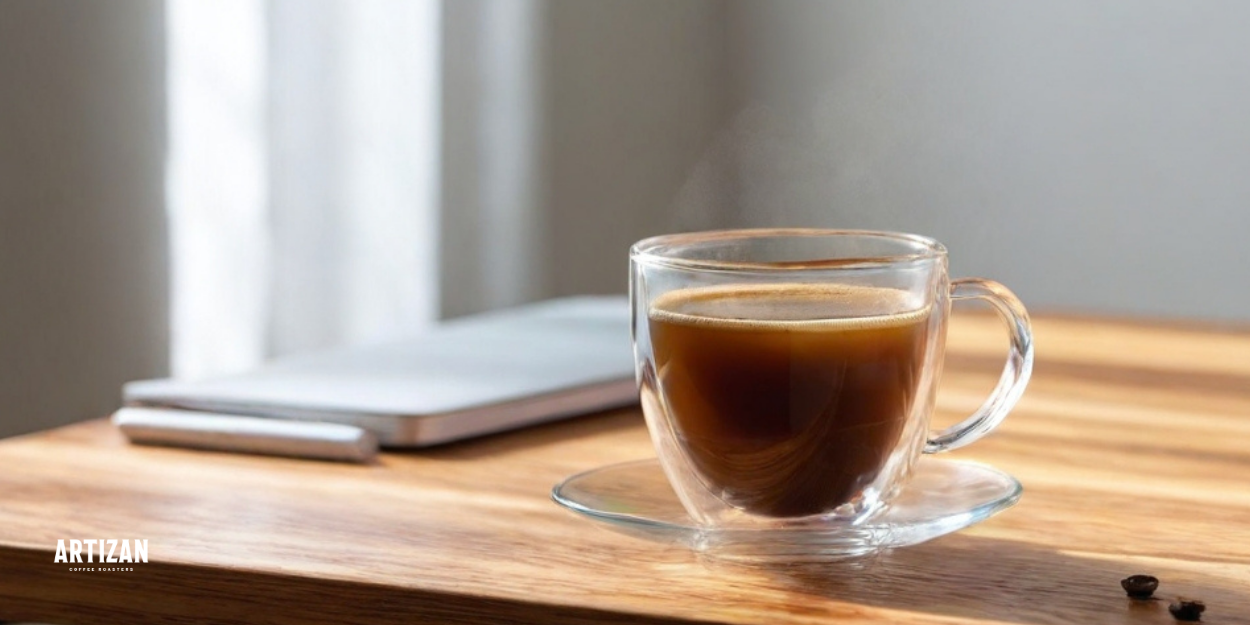
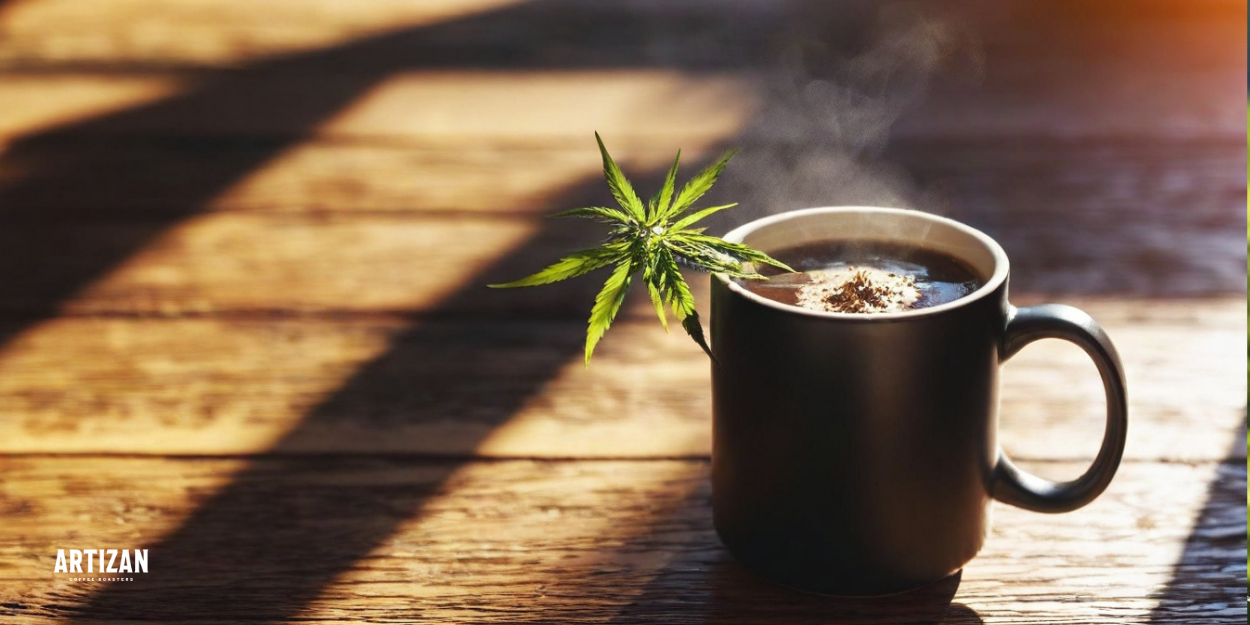


Leave a comment
All comments are moderated before being published.
This site is protected by hCaptcha and the hCaptcha Privacy Policy and Terms of Service apply.